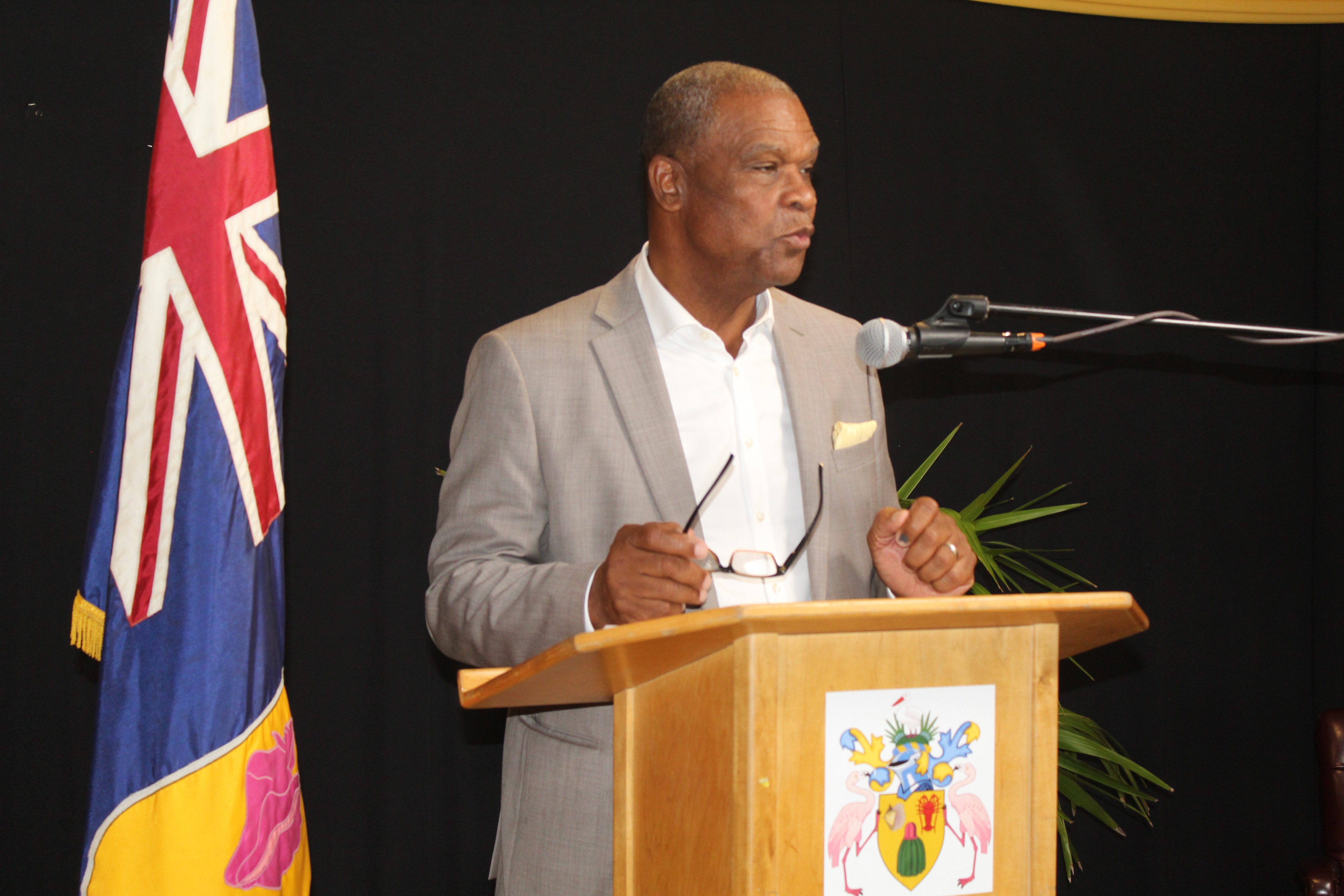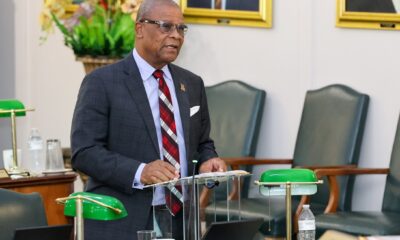#TurksandCaicos, March 3, 2021 – The epic defeat of the former People’s Democratic Movement administration was a colossal party failure and a cold protest on its contract performance. With a win of 14 seats to 1, the glaring error of the former Government remained inevitable.
On the
other hand, the overwhelming majority vote on February 19 by the Turks and
Caicos Islands’ good people sent across a message of support, trust, and
confidence in the now governing Progressive National Party (PNP).
On the
day the landmark election victory was announced – February 20, 2021 – the
former TCI minister assured the Turks and Caicos people that he would not let
them down. Speaking from the Progressive National Party’s headquarters, C.
Washington Misick vowed to “rebuild the country block by block.”
“On
behalf of the incredible PNP team, I thank you from the bottom of my heart for
the faith and trust that you have placed in us. You have signed our contract
with the people,” said Misick in his well-composed statement.
“You
have given us the mandate to work on your behalf to rebuild the Turks and
Caicos Islands.
“I
promise that we will not let you down. It was a hard-fought contest,” he
added.
The
two-time leader also extended an olive branch to their competitors, vowed to
govern for all, and called for unity to build better Turks and Caicos Islands.
“To
the leadership, members, and supporters of the PDM, I know you are
disappointed. My team and I extend a hand to you.
“The
elections are over. Today, we are no longer dueling parties; we are team TCI.
We will govern for all, and we need all-hands-on-deck for the work that is
ahead,” the former chief reassured the Islanders.
Without
hesitation, the former chief echoed the promise they made to the Islanders as a
party on their 16th October 2020 re-election campaign launch.
“My
fellow Islanders, we embrace this massive victory with humility,” he said.
“We
are ever conscious of the difficult task ahead to deal with the ravages and
risks caused by Covid-19, take care of our people and rebuild the economy,”
he added.
“You
have called upon us to ease the burdens and the pressures of increasing
poverty, unemployment, the worsening standard of living, and crime.
Our
mandate is to turbo-charge the economy; create jobs; cut the cost of living; provide
quality healthcare and education; make a more secure TCI; invest in our future
through agriculture, environmental protection, and infrastructural development;
give our young people a chance for a better life and restore hope,” he
continues as his speech resonates with the electorates who voted for change.
The
newly sworn-in premier assured Islanders that their Government would work to
earn their trust and honor their mandate: “You have spoken loudly and
clearly. The Government must earn your trust. You want a Government that is
accountable and transparent. You want a Government which consults you, and you
must expect nothing less from us.”
Misick
also promised a warm partnership with the businesses and fair policies that
would promote a better business environment.
“With
new legislation making it easier to do business and innovative policies and
programmes, we will unleash the boundless creativity of our people.
“Together,
we will rebuild the country block by block,” said Misick.
As he wrapped up his speech, the two-time
elected chief promised a transparent government allowing the media and the
public greater access.
“The
people of the TCI have elected us to lead, and we will lead. “We must, and we
will take responsibility for our society, and we must be responsible to our
people.
“There
will be more transparency in Government. The media and the public will have
greater access,” reassured Misick.
The
landslide win was a resounding assurance that the people of Turks and Caicos
had given the PNP administration a 4-year term of great work, with a cue of 14
elected leaders to materialize their manifesto.


 News5 days ago
News5 days ago
 News1 week ago
News1 week ago
 Caribbean News6 days ago
Caribbean News6 days ago
 News5 days ago
News5 days ago























